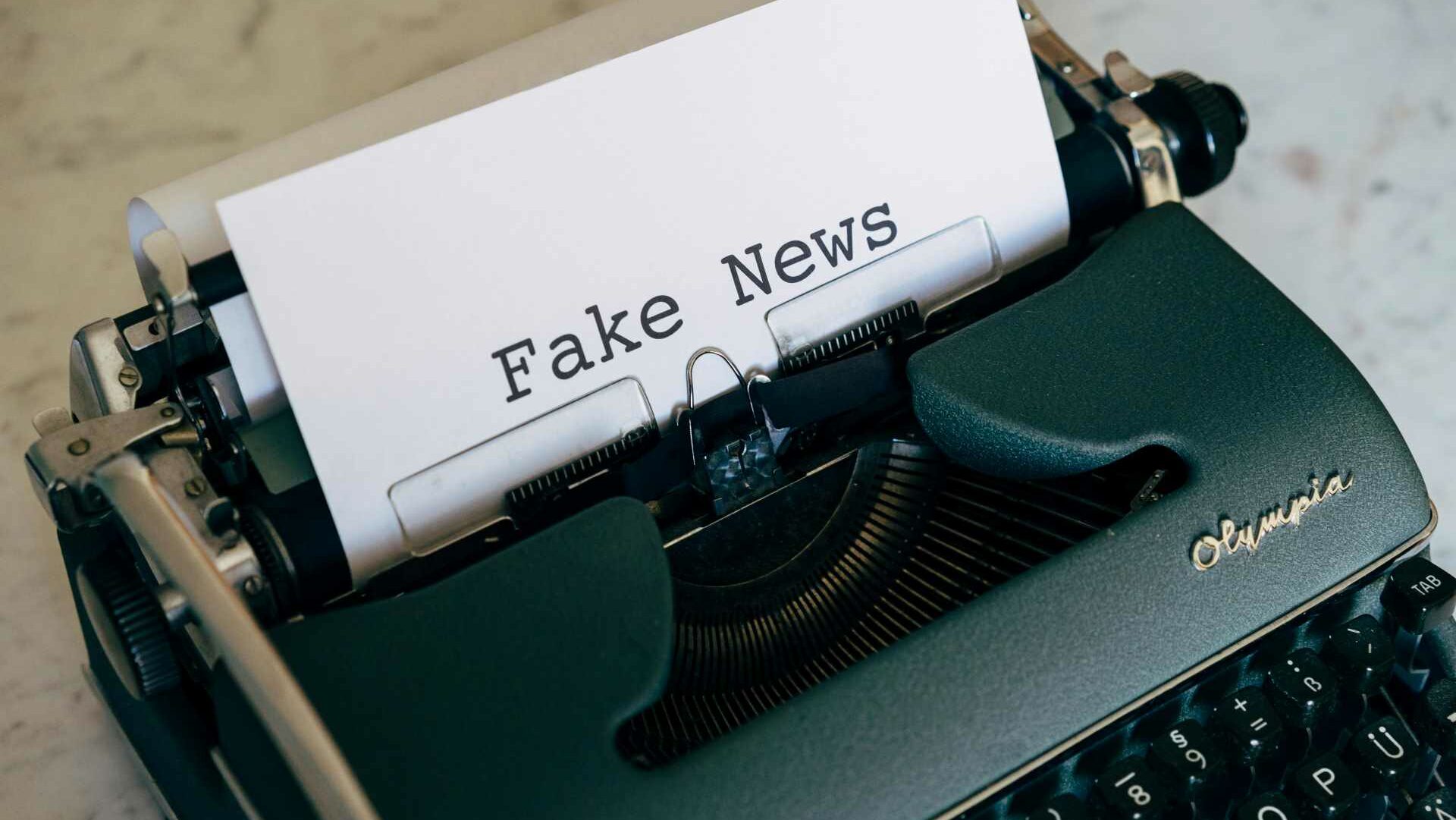2024 US presidential election: How to distinguish fact from fiction online
In partnership with ExpressVPN

As the 2024 US presidential election approaches, voters face a growing challenge: distinguishing fact from fiction in the digital age. With the rise of sophisticated technologies like deepfakes and AI-generated content, it’s more crucial than ever to sharpen our critical thinking skills.
The influence of fake news on elections cannot be overstated. False information can significantly sway public opinion and potentially alter outcomes. By spreading misinformation about candidates, policies, or voting procedures, bad actors can manipulate voters and undermine the democratic process. The rapid spread of false information through social media platforms amplifies this issue, making it challenging for voters to make informed decisions.
According to ExpressVPN, the proliferation of deepfakes—highly realistic but fabricated videos or audio recordings—poses a particular threat to election integrity. These sophisticated forgeries can make it appear as though politicians have said or done things they haven’t, potentially swaying voters’ perceptions and decisions.
While celebrities like Tom Cruise and Emma Watson have fallen victim to deepfake technology, with convincing but entirely fabricated videos of them circulating online, there’s also the much more dangerous potential for their misuse in political contexts.
Protect yourself from misinformation
To protect yourself from misinformation, consider several key strategies. Always check the source of the news, verifying that it comes from a reputable outlet with a track record of accurate reporting. Cross-referencing information across different trustworthy news organisations can also help confirm its validity.
Be wary of sensational headlines, as clickbait titles often indicate unreliable content. Ensure the article is current and relevant to the ongoing election cycle by checking its publication date. Examining the author’s credentials and previous work can help assess their credibility.
Lastly, be cautious of emotional appeals. Fake news often aims to provoke strong emotional responses, so maintaining a critical mindset is crucial when consuming political content.
Take advantage of fact-checking websites
While AI and machine learning technologies are being developed to detect fake news, they are not foolproof. These tools can help flag potentially misleading content, but human judgment remains essential. Fact-checking websites provide valuable resources for verifying claims and debunking myths – BBC Verify is a particular great resource for checking whether a story is genuine or not.
As we approach the 2024 US election, staying vigilant against fake news is more important than ever. By developing critical thinking skills, utilising fact-checking resources, and promoting media literacy, we can protect the integrity of the democratic process.
